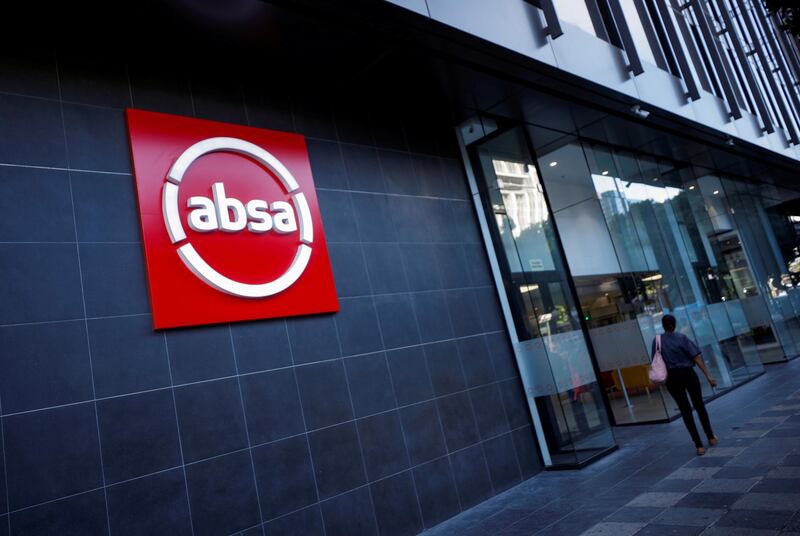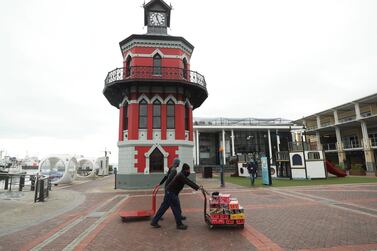It has been a punishing 2020 for South African bank stocks, which are down almost 40 per cent, already more than twice as deep a slump as in 2015, the sector’s previous worst year on record.
Even so, there are signs that sentiment may be turning for the better. While the coronavirus pandemic has ravaged earnings, banks have bolstered their defenses by increasing provisions for Covid-19-related losses under revised accounting standards. High capital buffers have also remained intact, strengthening the case for dividends to resume once regulators give the go ahead.
The worst of the storm may be over, according to Old Mutual Investment Group, and the $40 billion (Dh146.9bn) money manager recently adopted an overweight view on the sector.
“The new accounting standards force bank management to bring forward their bad-debt cycle and concentrate it,” said Peter Brooke, the Cape Town-based head of macro solutions at OMIG. “This means from 2021 onwards, provisions will decrease and profits will increase, which, in our language, means we have an improving theme.”
Banks have set aside 31 billion rand (Dh6.83bn/$1.85bn) to cover potential bad loans, OMIG estimates. Although their profit in the first six months of this year dropped by an of average 69 per cent, the lenders still booked a combined 11 billion rand in earnings, none of which is being paid to shareholders.
That’s not to suggest that South African banks have an easy ride from here. Gross domestic product shrank by an annualised 51 per cent in the three months to June 30 from the previous quarter as the nation endured a strict lockdown. That extended the recession into a fourth consecutive quarter, the longest since 1992, and the government has said its forecast of a 7.2 per cent economic contraction this year may be too optimistic.
“The issue for banks is that lockdown restrictions and the fear of contracting Covid-19 have created a short-term cash constraint for borrowers, which could result in defaults unless the economy recovers swiftly,” said Warwick Bam, head of research at Avior Capital Markets.
The selloff in the sector reflects investor expectations that bad loan provisions will hurt earnings and valuations, said Nolwandle Mthombeni, an analyst at Mergence Investment Managers in Cape Town. The market “is pricing that in, as well as other various exogenous factors, such as weak South African macro fundamentals”, she said.
But investors have started to focus on the potential positives – Johannesburg’s index of bank stocks last week capped a five-day rally, its longest winning streak in more than four months. The gauge dropped 0.1 per cent on Monday.







